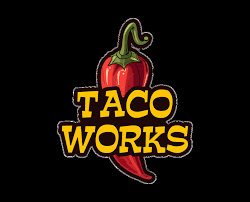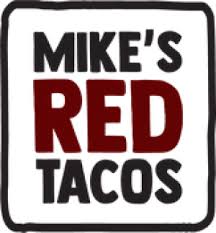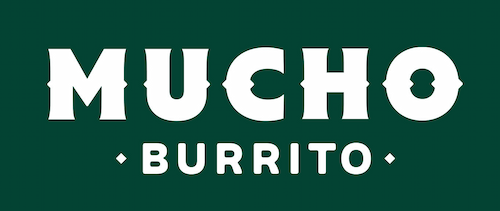
Taco Rico / Taco Works is a Tex-Mex restaurant franchise offering tacos, burritos, fajitas, chimichangas, salads, and salsa bars, serving families and office crowds, and known for quick counter service, complimentary chips, and approachable, value-focused neighborhood locations.
?
?

Mike's Red Tacos is a fast-casual Mexican franchise offering birria tacos, quesadillas, and shareable plates, serving flavor-driven diners and late-night crowds, and known for richly stewed meats, vibrant red tortillas, lively branding, and roots in San Diego’s taco culture.
?
?

Mucho Burrito is a fast-casual Mexican restaurant franchise offering burritos, bowls, tacos, and catering, serving lunch and dinner guests seeking bold flavors, and known for fresh-prepared ingredients, customizable entrees, and a contemporary brand backed by strong training and support.
?
?

District Taco is a fast-casual Mexican franchise offering made-to-order tacos, bowls and margaritas, serving lunch and dinner crowds, and known for fresh ingredients, bold regional flavors and franchise growth momentum.
?
?

Chronic Tacos is a fast-casual franchise offering customizable tacos, burritos, bowls, and Mexican favorites, serving lunch and late-night diners, and known for fresh ingredients, made-to-order prep, and a laid-back California vibe.
?
?

Taco Cabana is a fast-casual Mexican restaurant franchise serving tacos, fajitas, and freshly prepared salsas in a relaxed, colorful setting.
?
?

Barrio Burrito Bar is a Mexican restaurant franchise specializing in build-your-own burritos, tacos, and bowls with fresh ingredients and bold flavors.
?
?

Talkin’ Tacos is a Mexican street food franchise serving tacos, burritos, and other Tex-Mex dishes with bold flavors.
?
?

Taco Pros serves a variety of Mexican dishes, including tacos, burritos, and quesadillas, offering flavorful and authentic cuisine in a casual setting.
?
?

ON THE BORDER MEXICAN GRILL & CANTINA offers a casual dining experience specializing in Tex-Mex cuisine. Franchisees receive support in marketing, operations, and training, helping them grow their restaurant in the competitive food industry.
?
?